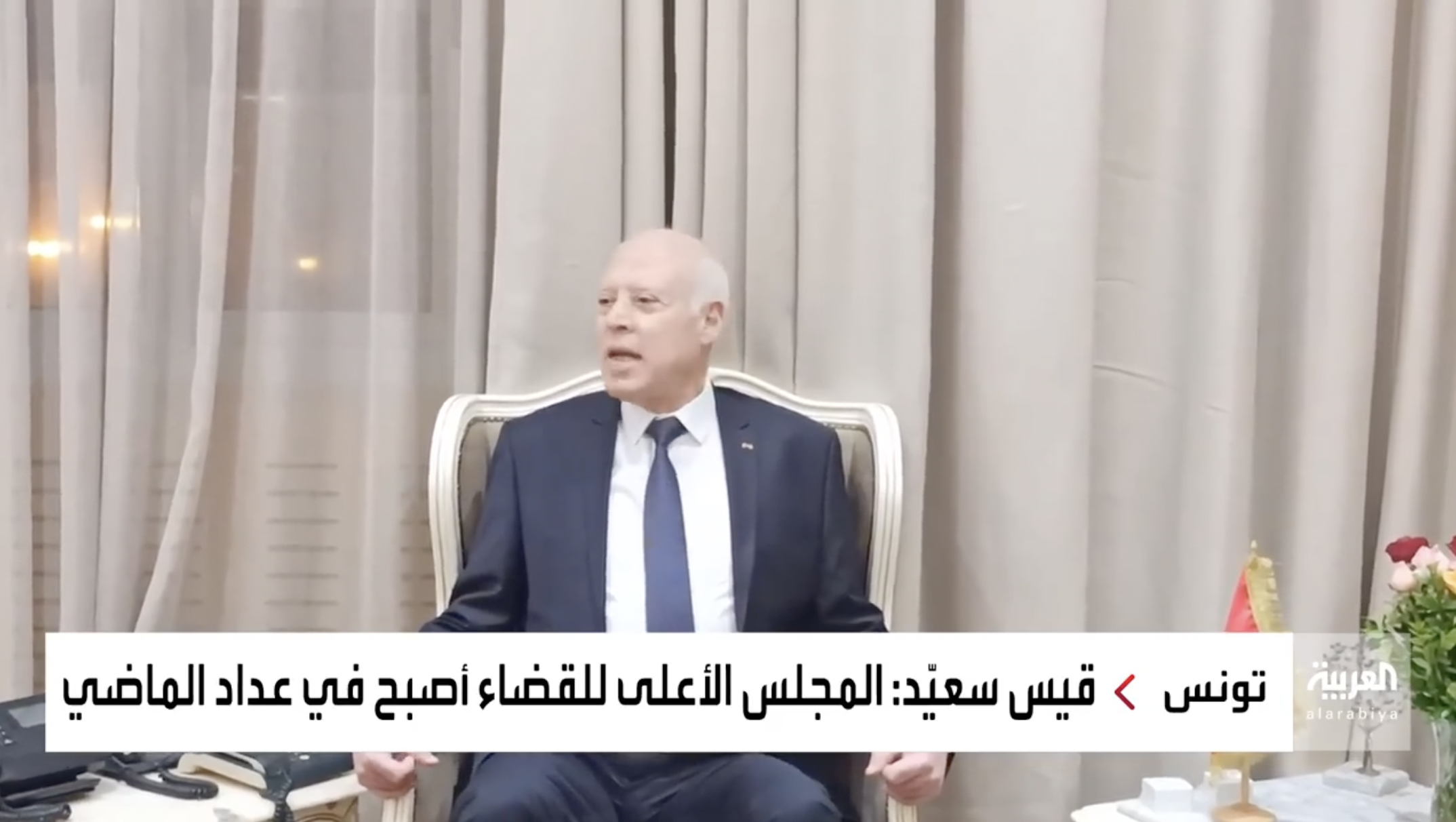The proposed dissolution of the High Judicial Council by presidential decree must be abandoned as it would constitute a fatal and irreversible blow on the independence of the judiciary, the separation of powers and the rule of law, said the International Commission of Jurists today.
On the 6 February 2022, President Kais Saied announced his intention to dissolve the High Judicial Council by decree, declaring that the institution must ‘consider itself a part of the past’.
The High Judicial Council is an independent institution established pursuant to the 2014 Tunisian Constitution, and oversees the proper functioning of the judiciary with a view to ensuring its independence and accountability.
The judiciary is the only remaining check on executive power in Tunisia, following President Saied’s power grab in July 2021, when he suspended parliament until December 2022 and empowered himself to rule by decree. The Institution is therefore critical to the maintenance of the independence of the judiciary, the separation of powers and the rule of law in the country.
‘In deciding to dissolve the High Judicial Council, President Saied demonstrates his resolve to remove the last line of defence to his one-man-rule in Tunisia: the judiciary,’ said the Director of the International Commission of Jurists’ Middle East and North Africa Programme, Said Benarbia. ‘However, any such dissolution by Presidential decree would be unlawful and unconstitutional’.
Article 80 of the Constitution, on which President Saied is currently relying to rule by decree, does not empower him to dissolve the High Judicial Council. The ICJ calls on the President to desist from implementing his decision to dissolve the High Judicial Council, and urges him instead to work to strengthen the independence of the judiciary.
The decision marks the culmination of months of Presidential attacks against the High Judicial Council, which have also undermined public confidence in the judiciary. Since September 2021, the President has been responsible for a vitriolic narrative around the corruption of the judiciary and the need to ‘purify’ it, while simultaneously failing to stop a public smear campaign against the Council and individual judges; the President has also removed financial allowances and other privileges from the Council’s members by decree. In effect, the decision is part and parcel of the President’s attack against the independence of the judiciary and the separation of powers.
Under international law and standards, an independent judicial council is key to ensuring the institutional independence of the judiciary and the individual independence of judges.
‘Through the dissolution of the HJC, the President would effectively end any semblance of separation of powers in Tunisia. The international community must not turn a blind eye on this last attack on the rule of law and must instead urge a return to the constitutional order in Tunisia’, added Benarbia.
Download this press release in English, Arabic, or French.
Contact:
Said Benarbia, Director of the ICJ’s Middle East and North Africa Programme, email: said.benarbia(at)icj(dot)org
Asser Khattab, Research and Communications Officer at the ICJ’s Middle East and North Africa Programme, email: asser.khattab(at)icj(dot)org





